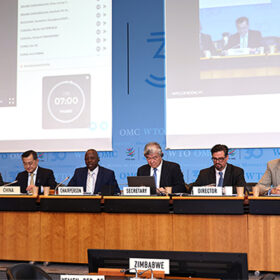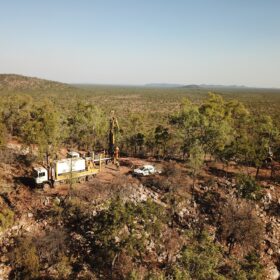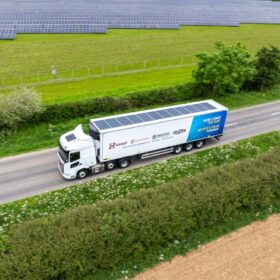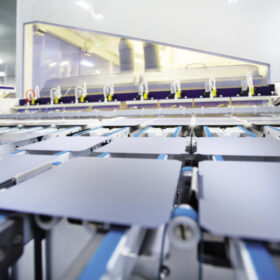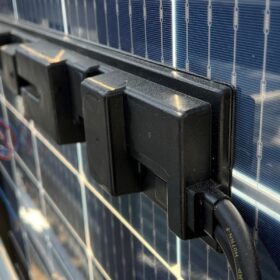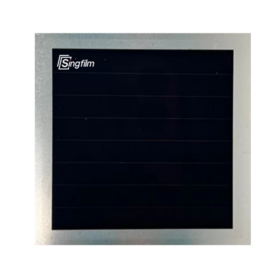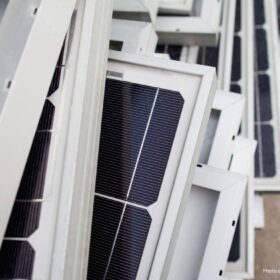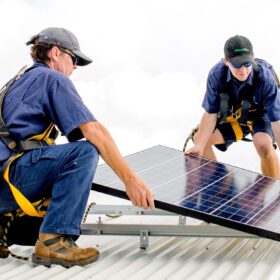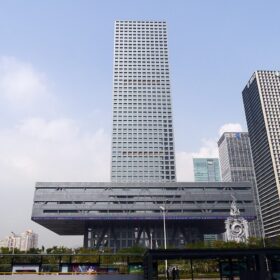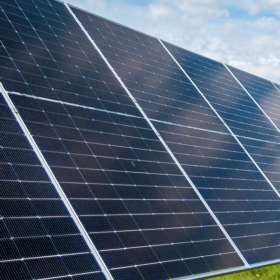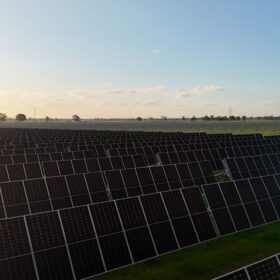WTO accuses China of low transparency on state subsidies, including solar
The World Trade Organisation Secretariat has criticised China for an alleged lack of transparency in its state support framework and has urged the nation to improve its subsidy notification process.
Fimer launches sale proceess under extraordinary administration
Inverter manufacturer Fimer has launched a process to sell itself to new owners. Interested investors have until August 31 to submit offers.
Quinbrook polysilicon plant focus shifts to silica feedstock
Quinbrook Infrastructure Partners’ plan to build a ‘state-of-the-art’ polysilicon manufacturing plant in north Queensland has taken a step forward with Australian Silica Quartz starting a drilling program at a planned mine site that could provide feedstock for the proposed multibillion-dollar facility.
Sunswap rolling out PV-powered transport refrigeration
United Kingdom–based technology company Sunswap has launched Endurance, an electric transport refrigeration system with integrated battery and solar PV. It is built to compete with diesel-powered systems.
Bigger is better as module makers power ahead
Larger wafer and module sizes have had a profound influence on module power output in recent years but standardisation appears to have taken hold, with no further increases evident in module data, according to Molly Morgan, a senior research analyst at Exawatt, which is now part of the CRU Group.
Researchers develop ‘communicative’ PV panels
A German research team is conducting practical tests to see how solar modules with integrated radio technology can be linked to form an overall network. The “communicative” panels should represent a simple and cost-effective solution for monitoring and controlling small-scale photovoltaic systems.
Singaporean startup achieves 22.6% efficiency for perovskite solar module
Singfilm Solar said the result has been certified by China’s National PV Industry Measurement and Testing Center.
IEA-PVPS identifies 456 patents in PV module recycling
The IEA Photovoltaic Power Systems Programme’s (IEA-PVPS) latest report on solar panel recycling offers a comprehensive review of all existing technologies in this market segment, from pure mechanical recycling to innovative techniques such as light pulse treatment, water-jet cleaning, pyrolysis, and chemical treatments.
Regulator to nominate CEC as solar panel and inverter assurance body
The Clean Energy Council looks set to be reappointed as the product listing body responsible for maintaining and publishing lists of approved solar panels and inverters eligible for use in Australia’s solar rebate program.
Longi, Aiko Solar, TCL Zhonghuan, Tongwei to post H1 losses
Longi says it expects a net loss of CNY 4.8 billion ($980 million) for the first half of 2024, while Tongwei is bracing for a CNY 3 billion loss. Aiko Solar and TCL Zhonghuan, meanwhile, are predicting losses of CNY 2.9 billion and CNY 1.4 billion, respectively.
